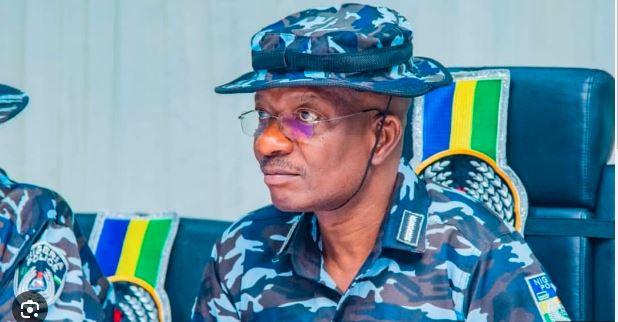The Inspector General of Police, Olukayode Egbetokun, has voiced his opposition to the establishment of State Police in Nigeria, citing concerns about the country’s readiness for such a move.
During a one-day dialogue on state policing themed ‘Pathways to Peace: Reimagining Policing in Nigeria,’ Egbetokun expressed his reservations about the potential consequences of introducing state-controlled police forces. Represented by Assistant Inspector General of Police, Ben Okolo, he highlighted several reasons behind the police leadership’s stance.
Egbetokun argued that implementing state police could heighten ethnic tensions and create loyalty conflicts within states. He cautioned against the potential for abuse of power by state governors, who might exploit state police for political gain, leading to human rights violations and jurisdictional conflicts.
Moreover, the IG pointed out logistical challenges, including funding constraints and the need for significant recruitment to meet international standards for modern policing. Instead of advocating for state police, Egbetokun suggested merging existing security agencies like the Nigeria Security and Civil Defence Corps and the Federal Road Safety Corps into specialized departments within the Nigeria Police Force.
The dialogue, initiated by the Office of the Speaker of the House of Representatives, aimed to address the Constitution of the Federal Republic of Nigeria (Alteration) Bill 2023 (Establishment of State Police), sponsored by Deputy Speaker Benjamin Kalu and others. This bill proposes the decentralization of policing to enhance public safety and law enforcement by allowing states to establish and maintain their police services under a constitutional framework.
While acknowledging the inadequacies of the current policing system in Nigeria, characterized by a large population underserved by a relatively small police force, Egbetokun emphasized the need for cautious consideration and comprehensive reforms rather than immediate implementation of state police. He referenced the historical devolution of policing to regions during the First Republic as a point of reflection on potential future changes.
























